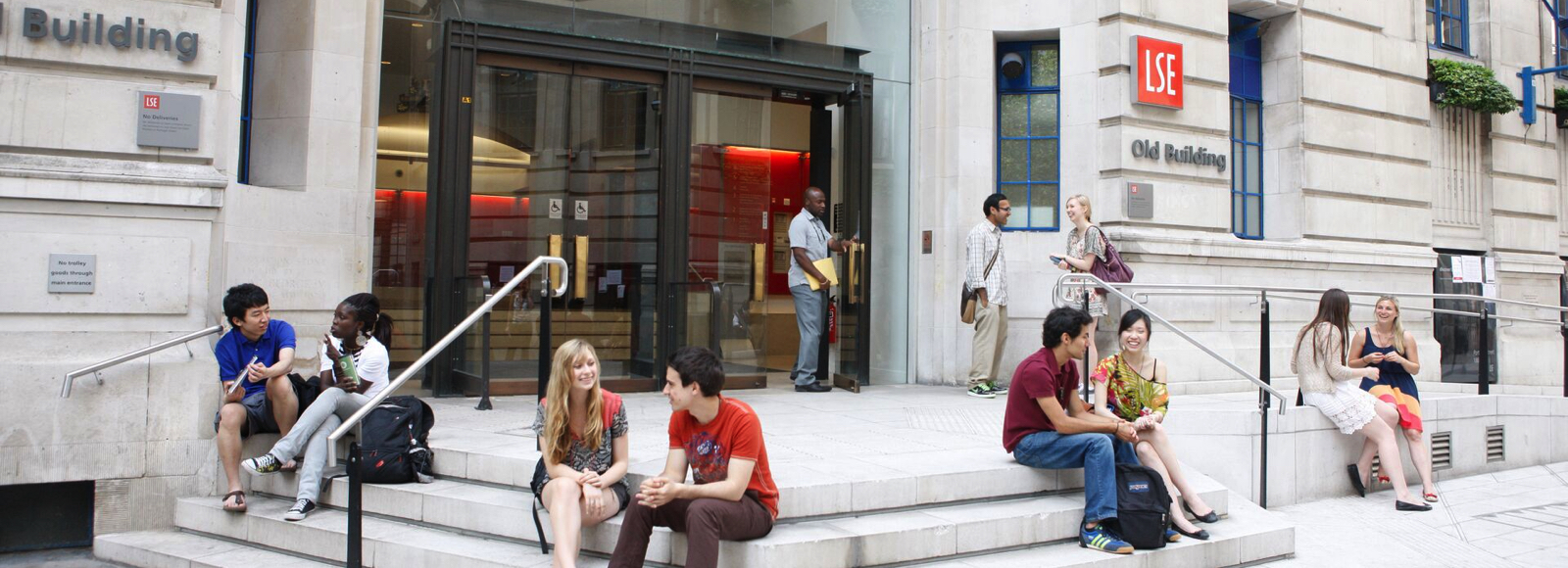- ...
Postgraduate Studentships - Search for funding opportunities.
The MSc Culture and Conflict in a Global Europe programme is perfect for MSc students looking to gain a deeper understanding of how culture and identity inform contemporary politics and violent conflicts in Europe and beyond.
Our programme takes a multi- and inter-disciplinary approach, using methods of investigation from political theory, philosophy, international relations, political science, sociology and economics. You’ll engage with these topics by studying the politics of culture and the culture of politics, analysing how culture structures internal and external conflicts and frames efforts at their resolution.
You’ll also have the opportunity to critically examine policies aimed at addressing these conflicts at a national and international level. Plus, you’ll be able to choose optional courses from across different disciplines, allowing you to tailor your studies to your interests and career goals.
Join us and become part of a dynamic community of scholars, thinkers, and innovators who are shaping the future of culture and conflict studies.
Upper second class honours (2:1) degree or equivalent in any discipline.
Competition for places at the School is high. This means that even if you meet the minimum entry requirement, this does not guarantee you an offer of admission.
For fees and funding options please visit website to find out more
The School recognises that the cost of living in London may be higher than in your home town or country, and we provide generous scholarships each year to graduate students from the UK, EU and overseas.
This programme is eligible for needs-based awards from LSE, including the Graduate Support Scheme, Master’s Awards, and Anniversary Scholarships.
The programme will provide you with a strong foundation for a variety of academic and non-academic careers, in the private or public sector at national, European, or global levels; foreign policy; journalism; education; working for activist organisations in the NGO sector; or working in specialised agencies concerned, for example, with migrants or minorities.
Please visit website for module details

LSE is stimulating, cosmopolitan and very much part of the “real world”. Why LSE? We offer a unique opportunity to study the social sciences in a uni...